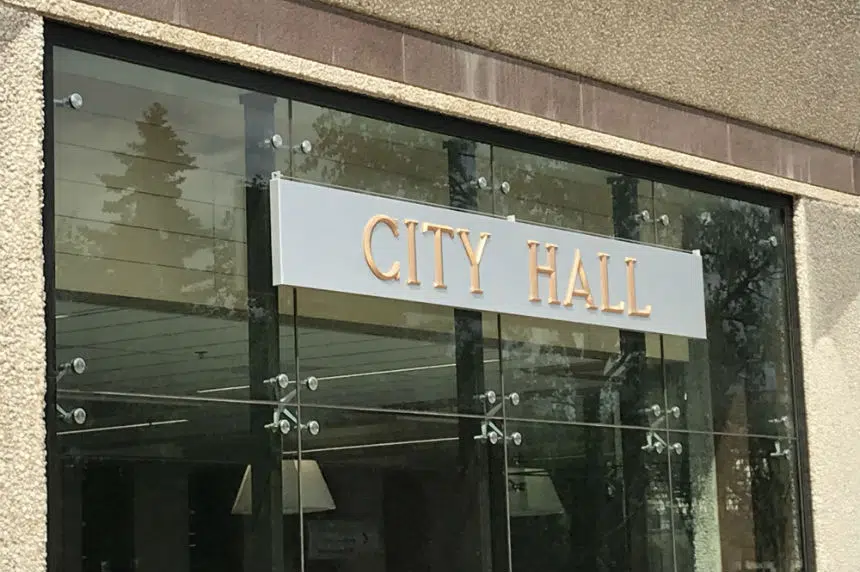A Regina cab company is applauding changes to the city’s taxi bylaw but says the playing field still hasn’t been levelled between taxis and the rideshare business.
City council approved the amendments during a special meeting Tuesday and the revised bylaw will be presented later this month.
Perhaps the biggest victory was a change to how taxi companies charge fares. For rides booked through an approved mobile app, fares would be exempt from the bylaw’s fare schedule.
In practice, that means cab companies can set their own prices for rides pre-arranged through the app, which would be communicated to both parties beforehand.
This helps taxis compete because upfront pricing is what customers want, according to Glen Sali from Capital Cabs.
“It’s handy for the customer,” he said. “Now you’ll be able to have a price where customers can view that and the (taxi) apps are the same as rideshare-type apps.”
Some other changes include allowing “soft meters,” where a smartphone or tablet is used instead of a hard-wired meter. The city will also eliminate its restriction on maximum vehicle age. As well, it will stop issuing seasonal licences through a lottery.
“This definitely helps the taxi industry,” Sali said of the amendments. “The last thing I need to be worried about is dealing with the city because it’s a difficult time right now.”
But despite the changes, Sali argues rideshare still enjoys advantages, such as not having to undergo annual city inspections. Both go through inspections by SGI. Also, he said rideshare companies pay a flat rate for licensing fees.
He also insists that rideshare drivers should have cameras installed in their vehicles, for safety.
“A couple councillors issued their concern that if they put cameras in (rideshare drivers’) cars, they would leave the city. I thought, ‘Why do all taxis have them for safety?’ ” Sali said.
In a submission to council from Uber’s Jake Brockman, the company points out that rideshare drivers are not allowed to accept cash or to take street hails.
Instead, Uber views its services as more similar to limos, which only take pre-arranged rides and says its app, with driver information and ratings provided to each party, provides extra security.
Brockman’s letter said for cameras to work well, they’d have to be tamperproof and always on, with police the only ones able to access them. That would still pose a risk to privacy, as rideshare vehicles are used personally as well.
“It would be a significant privacy violation to be recording a family’s private activities,” he wrote.











